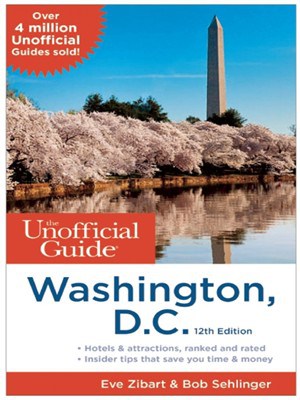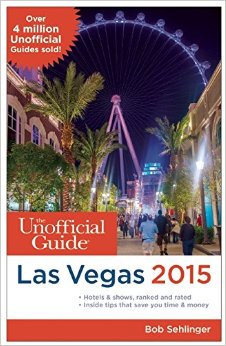
When JRR Tolkien described a world of bogs, trolls and enchanted trinkets in his Lord of the Rings saga, he was not working entirely from his imagination. Growing up in turn-of-the-century England, Tolkien was surrounded by a world in change, striving towards an urbanized future yet still mired in the muck of the drizzled countryside and grim early industry.
Britain is odd. Curious histories and long-festering cultures mean that however sophisticated Britain pretends to be in modern times, quaintness is never far beneath the surface. If you’re planning to visit the islands for the first time, the first such thing you notice might be the weird turns of phrase to be heard in everyday British speech. If you don’t know who “Uncle Bob” is or where “Bill’s mothers” is supposed to be, it might be a good idea to acquaint yourself with British English before you land.
Do you know, for example, about the pigs and the badgers? This isn’t a zoological question. A whole cast of unnamed animals is on hand (or paw) to appear in British phraseology. If you hear someone tells you you’re “a pig in muck”, for example, you shouldn’t take offense: it just means you’re very happy, you’re in your element. (By the way, “muck” is the polite version of another word they might use).
It’s worse news if you’re told that you’re “making a pig’s ear” of something. The phrase originates from a 16th-century story in which the author referred to folk who were “Seekinge too make a silke purse of a Sowes eare” – in other words making a bad job of what they were doing. If you make a pig’s ear of something, you’re making a mess.
And how about that badger? Well, in the West Country (the south- and mid-west counties of England) you’re on the right track if you’re told, “that’s the badger!” Of course, you probably weren’t trying to identify a badger in the first place – but when you correctly answer a question, this is what you’re likely to hear. Rather than referring to the ‘something’ itself, ‘badger’ may refer to a sense of satisfaction at having found the answer, i.e. “You’ve got it!”. You might also hear, “it was just the badger”, to describe a satisfying cup of tea or a good walk – close to the more international phrase, “that hit the spot.”
So it’s all crystal clear so far, right? Badgers are good, while pigs could go either way. But how about Uncle Bob and his mysterious nephew?
Well, Bob is more than just an uncle – he’s distantly related to that badger you just met. To utter the phrase “Bob’s your uncle” is to say, “that’s it!” It is similar, in a terribly English way, to the French, “et voilà!” – for example, on finishing a job of work. Nobody knows for sure who the real Uncle Bob is, but different suggestions put different emphases on the meaning. One story identifies Bob as Robert Arthur Talbot Gascoyne-Cecil, 20th Prime Minister of Britain who was noted for his nepotistic preferences. If you were the nephew of this particular Uncle Bob, you could consider yourself “just the badger” for any job you set your mind on. In that case, to say “Bob’s your uncle” is to say, “you’ve got it – because you’re privileged.”
A simpler interpretation can be found in Captain Francis Grose’s 18th-century Dictionary of the Vulgar Tongue, in which the phrase “all is bob” is said to mean “all is well”. Bob was not a specific person, but a way to refer to someone who seemed to be doing alright for themselves. How this collective term might have become singularized into the Uncle Bob we know and love is not known. You just have to look at a phenomenon such as Cockney rhyming slang to see how the British like to play with words until they become something totally different.
Of course, as a foreigner, the best fun to be had with these phrases is to ask the British people that use them what they mean and where they came from. You will most likely be greeted with a startled look, as the Brit had no idea that they said anything strange and even less idea what its deeper meaning was. To go into such a conversation fully armed, you might want to check out this new infographic from Sykes Cottages. It’s a handy reference for yet more strange expressions that you’re likely to hear on your trip to the land of Tolkien – and whether or not you should take offense!
- Buy Travel Insurance
- Book Your Accommodation HERE
- Search for Great Tours HERE
- Get a Car Rental
Leave a Reply
Tags: article, england, language, united kingdom

 Exploring the Enchanting Monterey Peninsula: A First-Time Visitor’s Guide
Exploring the Enchanting Monterey Peninsula: A First-Time Visitor’s Guide Book Review – The Unofficial Guide to Washington, D.C.
Book Review – The Unofficial Guide to Washington, D.C. Book Review – The Unofficial Guide to Las Vegas 2015
Book Review – The Unofficial Guide to Las Vegas 2015 Visitor’s Guide to Oracle Park – Home of the San Francisco Giants
Visitor’s Guide to Oracle Park – Home of the San Francisco Giants
